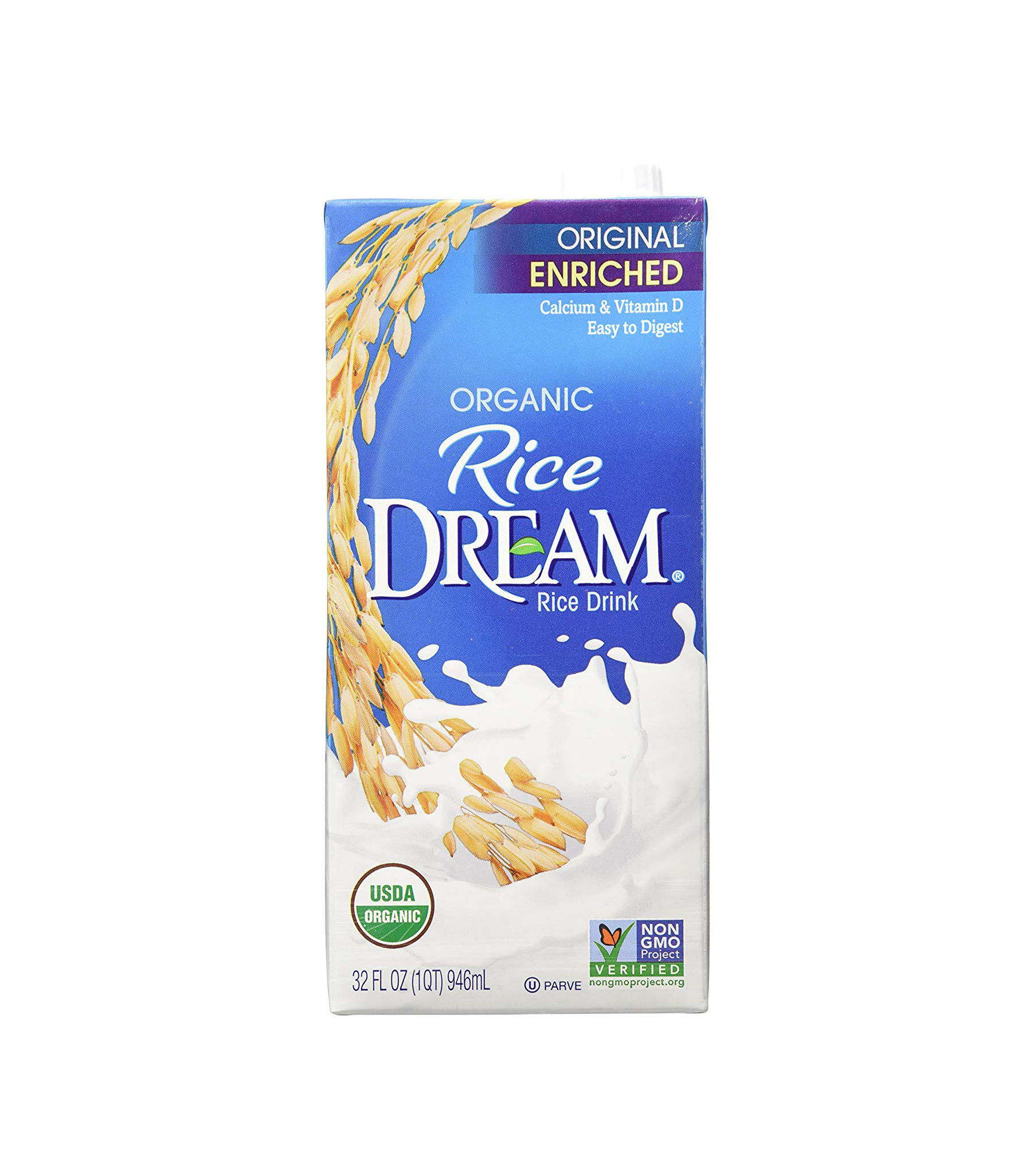What You Need to Know About Milk Alternatives
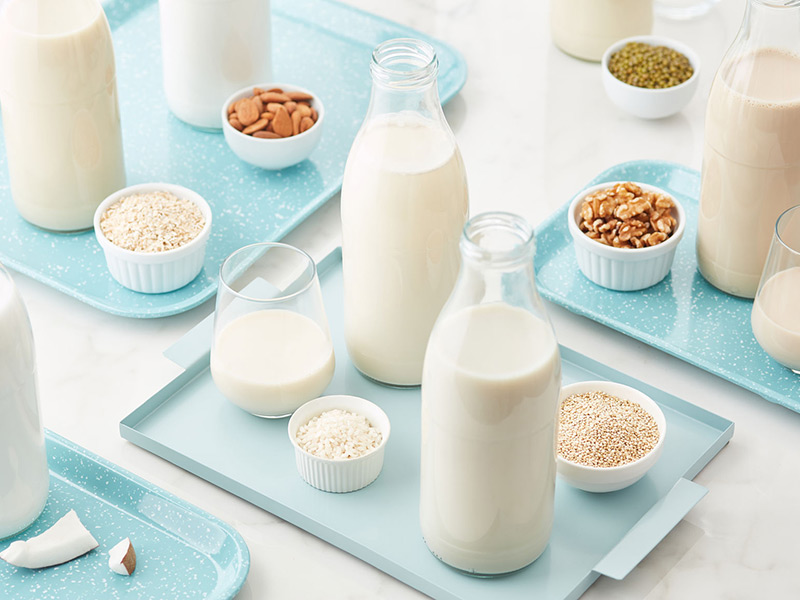
There's almond milk and soy milk and coconut milk, and the list goes on and on. You might have your go-to already, or you might just be familiar with the idea that there are other options available than regular cow's milk. Whatever the case, I think it's safe to say we are living in the age of alternative milk. But how can you choose one? And are they really all that good for you? We went to an expert, Yasi Ansari, MS, RD, CSSD, a national spokesperson for the Academy of Nutrition and Dietetics, to find out.
The pro: "Alternative milks are great alternatives to drinking cow's milk, especially if someone is lactose intolerant, has an allergy to cow's milk, or simply doesn't like the taste of cow's milk," Ansari says.
But of course, there's always a con. "Most of these milks are not as high in protein, calcium, and other essential nutrients like that of cow's milk," she says. "So nutrients have to be fortified into the milk alternative.

How do you decide which one is best? "Choose a milk that works best for your current lifestyle and health status. If you are lactose-intolerant, my first recommendation would be to try a lactose-free milk since it will have the same number of carbs, protein, vitamins and minerals similar to regular milk," Ansari recommends.
But if you'd rather opt for a milk alternative, look closely at the label. "I'd pick one that is lower in added sugars and doesn’t have a long list of ingredients—unless you're making your milk alternative at home, most milk alternatives on the grocery store shelf contain additives to boost flavor, thicken, and extend the shelf life of the product. To increase taste, these products may also add more sugar," she says.

Ansari has three other tips to follow when choosing an alternative milk:
1. Look for unsweetened milk alternatives and add your own spices like cinnamon, cardamom, and vanilla extract.
2. Focus on products that have been fortified to provide essential nutrients like calcium, protein, and vitamin D.
3. Experiment with making your own alternative milk.
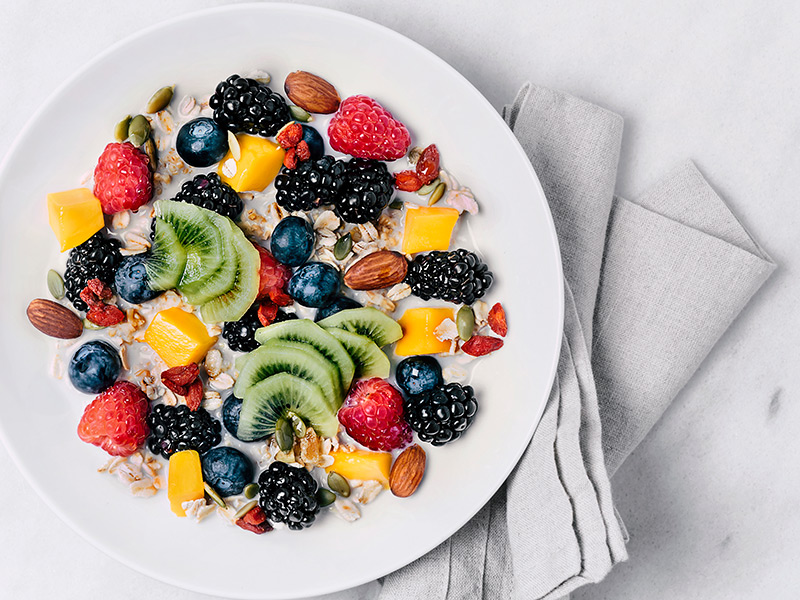
And if you still have some unanswered questions when it comes to choosing a milk alternative, we listed some popular options below (and some of our favorite brands)—and important things to note about each:
Almond Milk
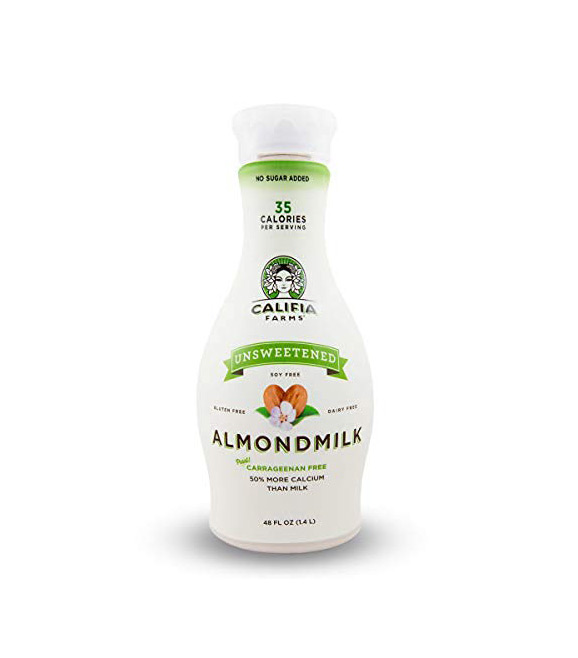
"Almond milk, for example, is lower in calories and fat, and although it's a good alternative for someone who may have a cow's milk allergy or is intolerant to lactose, the downside is that it can cause a severe allergic reaction in someone with a tree nut allergy. It's also low in protein," Ansari says.
Soy Milk
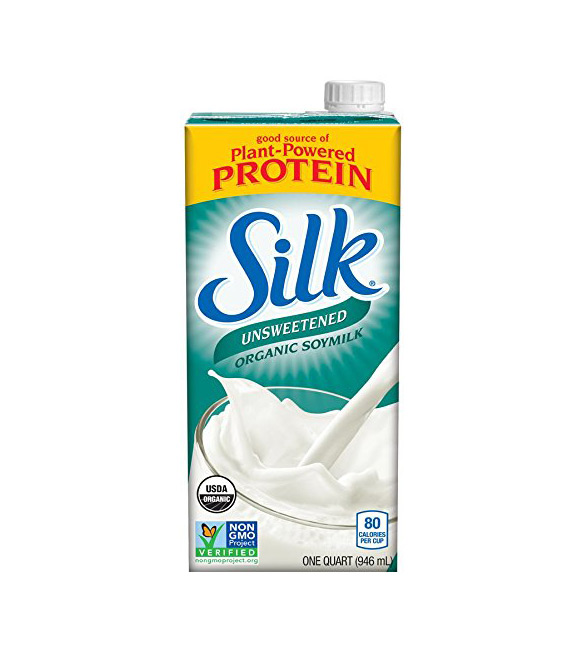
In terms of milk alternatives, soy milk takes the cake when it comes to protein. The Mayo Clinic says it has about seven grams per cup (whereas dairy milk has a little over eight grams per cup). Ansari notes that if you're allergic to soy, you'll want to steer clear.
Rice Milk
Coconut Milk
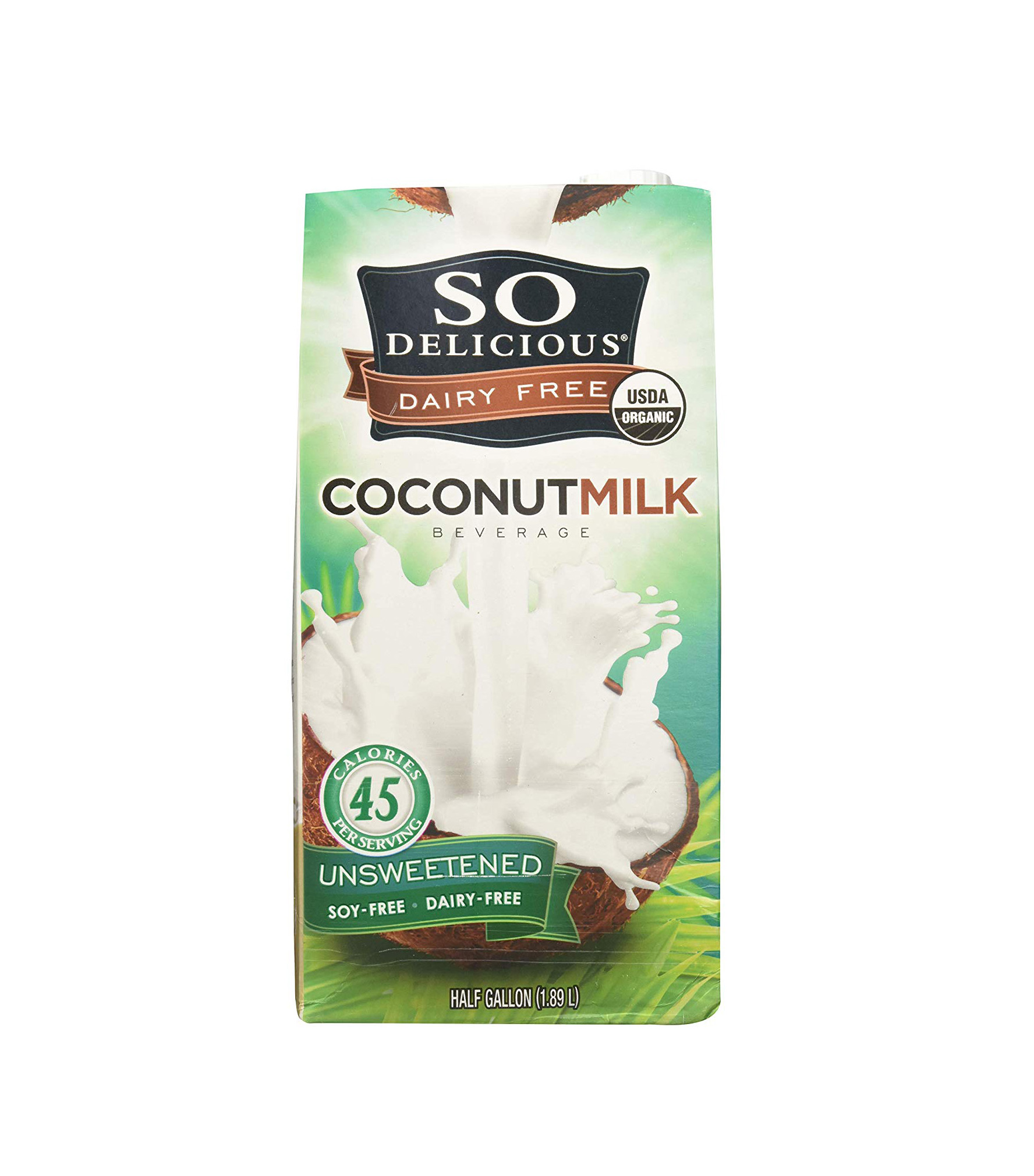
According to the Cleveland Clinic, coconut milk is low in calories, high in fat, and has zero protein. It adds a nice taste to smoothies and coffees.
Next up: These "Healthy" Foods Are Actually Scams
This article is provided for informational purposes only and is not intended to be used in the place of advice of your physician or other medical professionals. You should always consult with your doctor or healthcare provider first with any health-related questions.
Sarah is lifestyle writer and editor with over 10 years of experience covering health and wellness, interior design, food, beauty, and tech. Born and raised in Los Angeles, she attended New York University and lived in New York for 12 years before returning to L.A. in 2019. In addition to her work atBest Knockoff Luxury Clothing , she held editor roles at Apartment Therapy, Real Simple, House Beautiful, Elle Decor, and The Bump (sister site of The Knot). She has a passion for health and wellness, but she especially loves writing about mental health. Her self-care routine consists of five things: a good workout, “me” time on the regular, an intriguing book/podcast/playlist to unwind after a long day, naps, and decorating her home.
